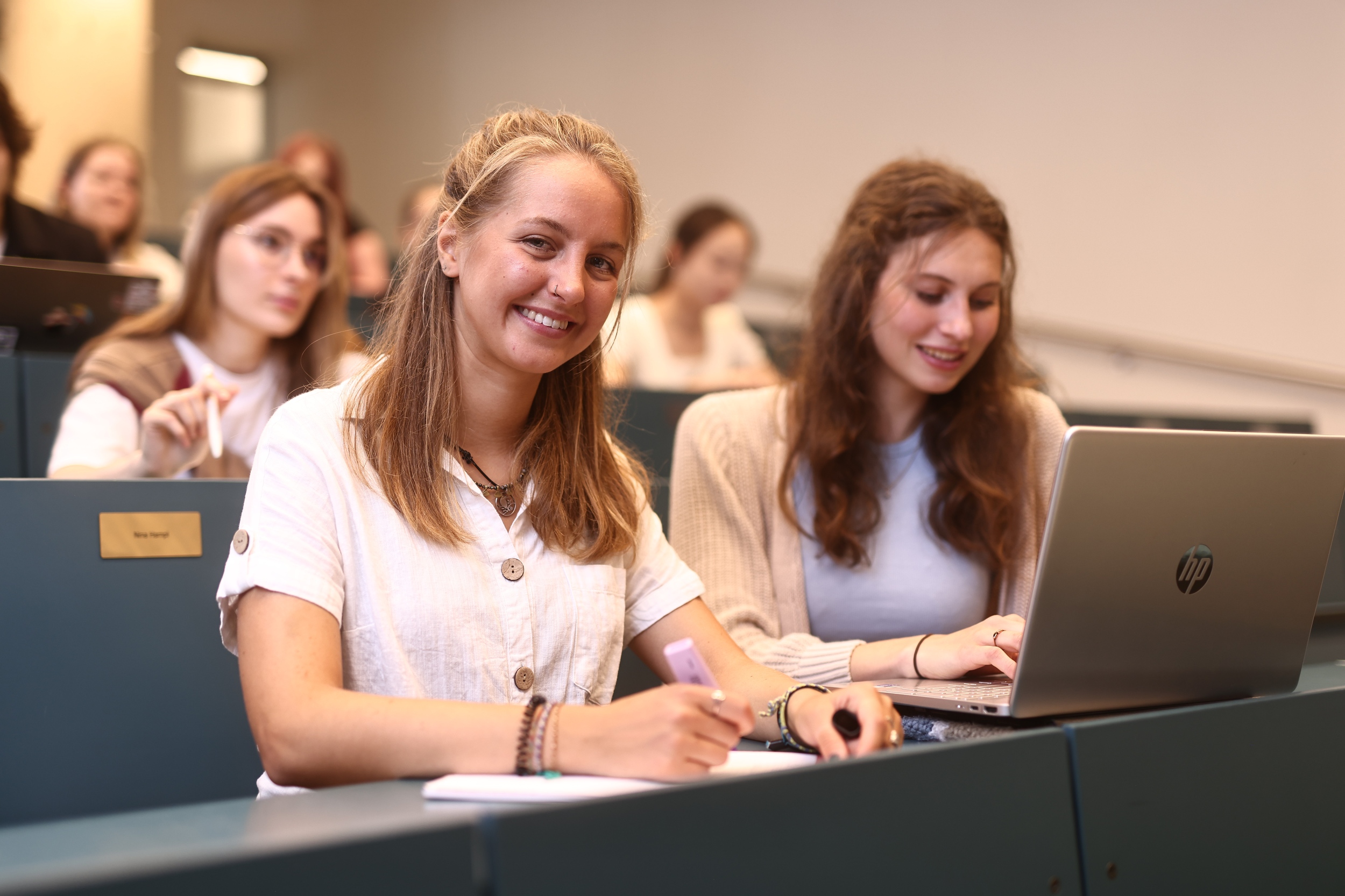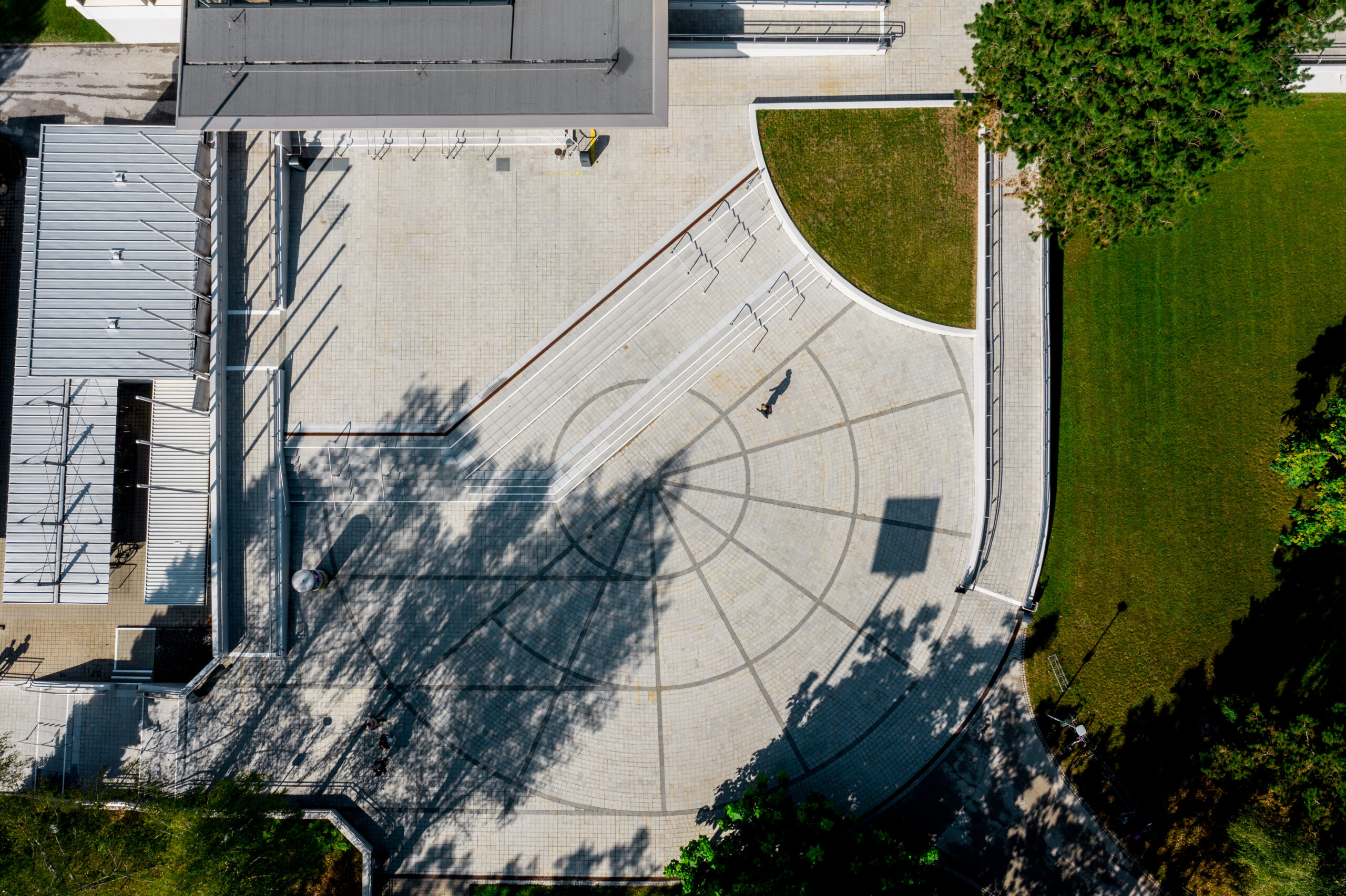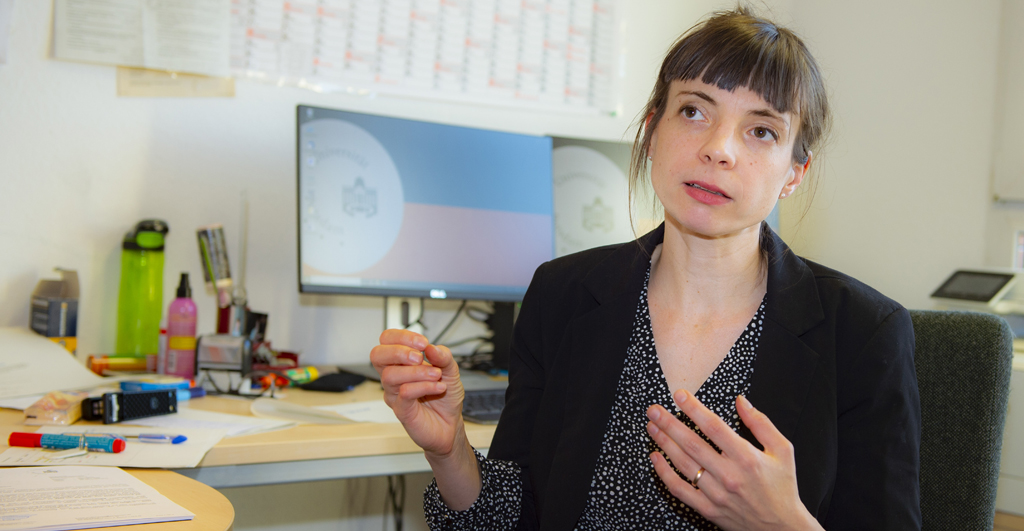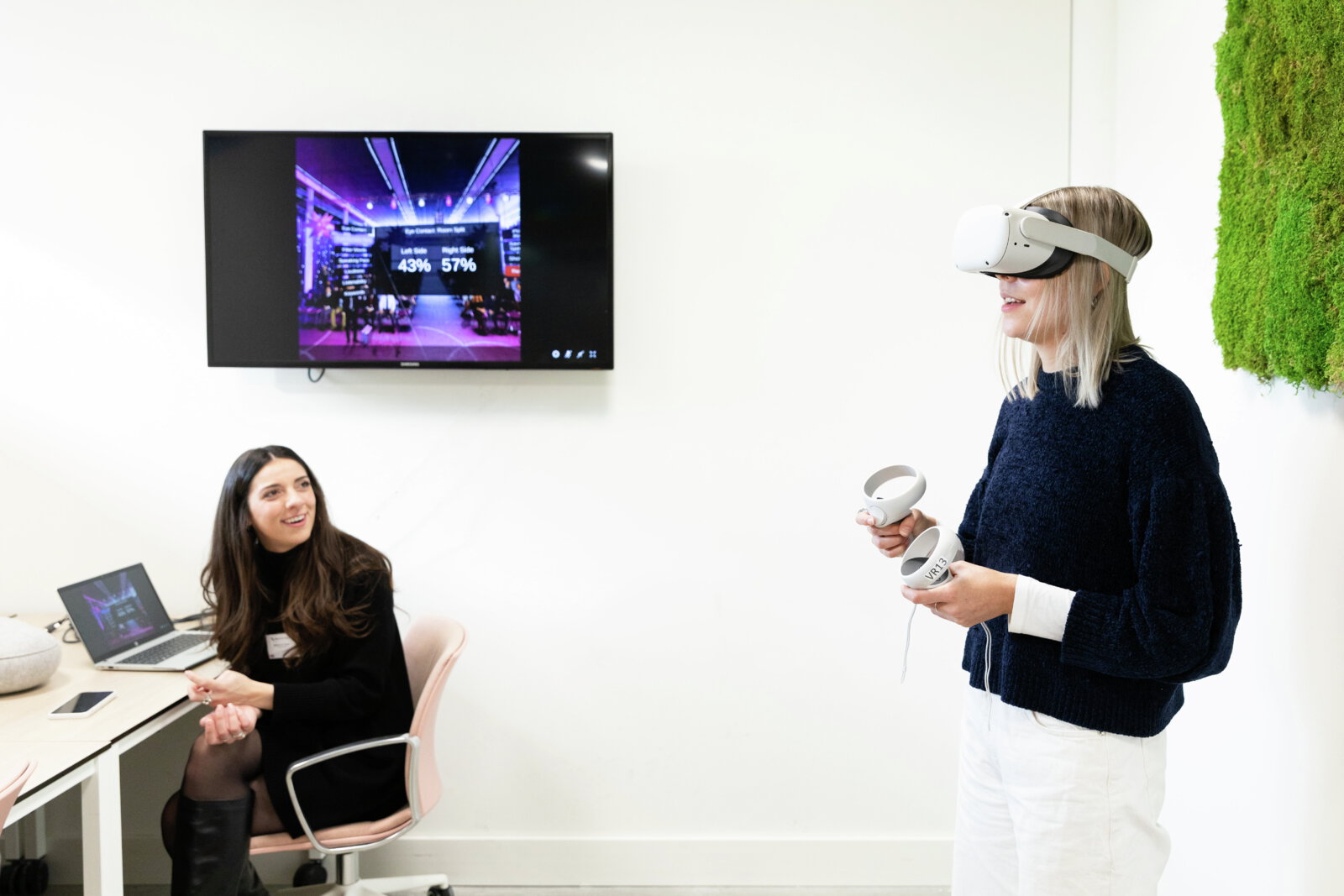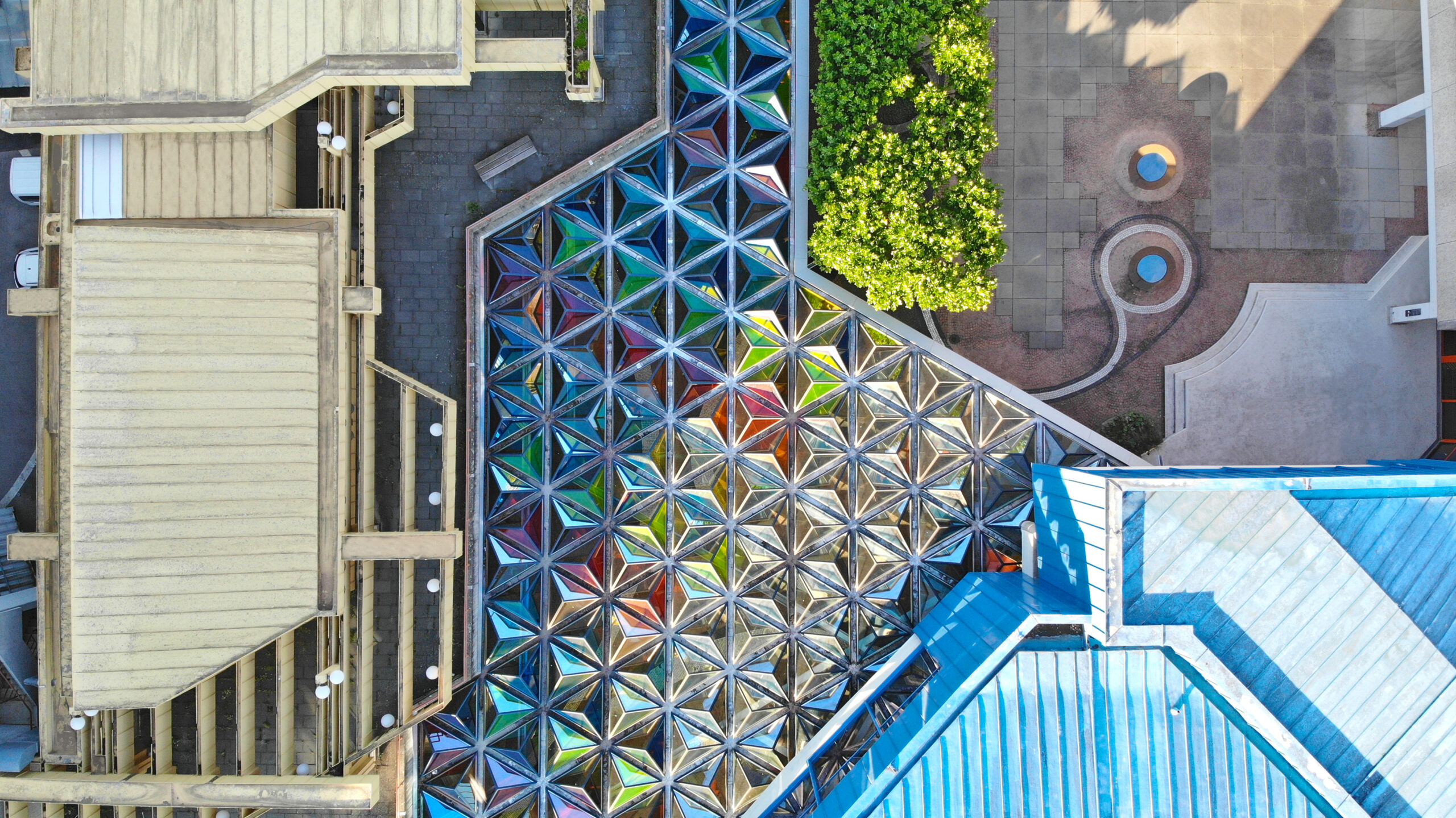The LINK EDU-RES project was initiated by the YERUN working group on joint programmes and fits into YERUN’s strategic action on ‘Promoting Education Collaboration’ which has already published guidelines on joint bachelor and master programmes. Therefore, the working group decided it was time to center attention on the internationalisation of doctoral education and the establishment of collaborative and interactive frameworks for its operation. In particular, the project’s main objective is to lay ground for the creation of joint programmes at doctorate level in a European network of research universities. The University of Antwerp coordinates the full project.
The six full partners taking on the challenge are all leading institutions at national level and are among the best young universities in Europe. Apart from the University of Antwerp, the following universities participate: University of Bremen, Universidad Carlos III de Madrid, University of Essex, Maastricht University and University of Rome ‘Tor Vergata’. Through this network cooperation, we contribute to the realization of the European Education Area by 2025.
The partners aim for extensive and sustainable impact at the institutional level, to enhance the professional development of project staff and the opportunities for learners. At European level, the project paves the way for what will become the focus of partnerships in the EEA. It reaches well beyond the consortium, to have a strong impact on associated partners from the YERUN network, and by extension on other European networks. It also aims to contribute to the debate on doctoral training in Europe. In the short-term, the outputs of this project will provide institutions in Europe with the necessary tools and resources to facilitate international collaboration at doctorate level.
What will the partners do in Link EDU-RES?
Within the project, the consortium will produce several intellectual outputs, multiplier events and teaching, learning and training activities.
The intellectual outputs contain a portal on joint programmes at doctorate level, guidelines for developing and running such programmes (including forms and tools), a report of national and institutional doctorate regulations for successful cross-boder collaboration in joint programmes at doctorate level, an analysis of experiences in international collaboration and doctoral training, and lastly, a student toolbox for joint programmes at the doctorate level.
Multiplier events on how to improve doctoral training through joint programmes, and on maximizing mobility and collaborations by developing and running joint programmes in university networks will be organized.
In terms of teaching, learning and training activities, several staff weeks, a summer school and seminars for doctoral candidates and early career researchers will be held. The seminars will have a thematic focus on linking education and research in the fields of digital humanities, health and ageing and migration studies.
Stay tuned for updates on the project’s progress!
Cover photo: Photo by Baim Hanif on Unsplash


